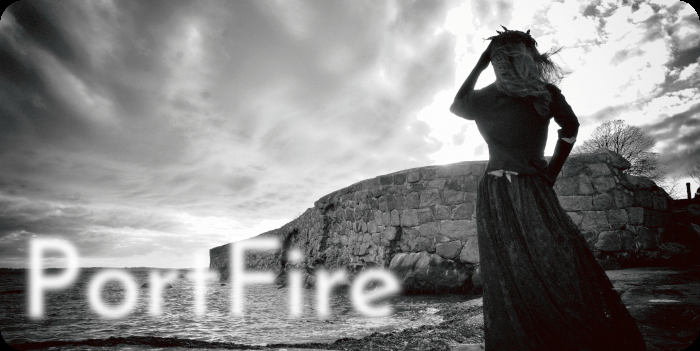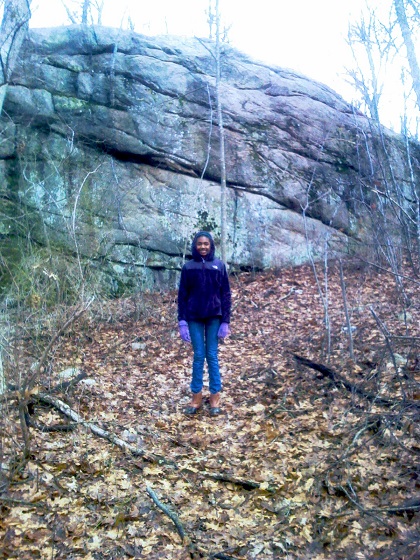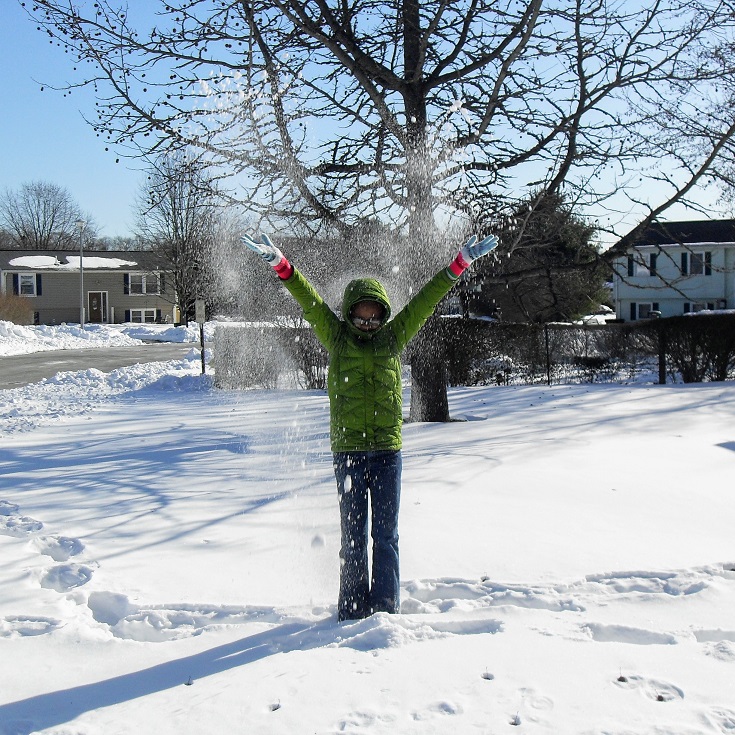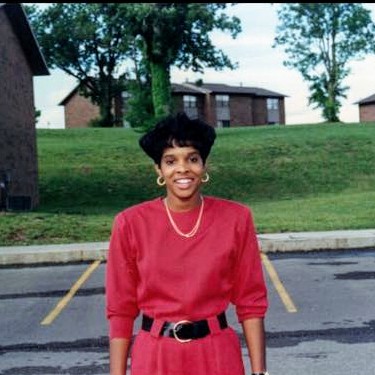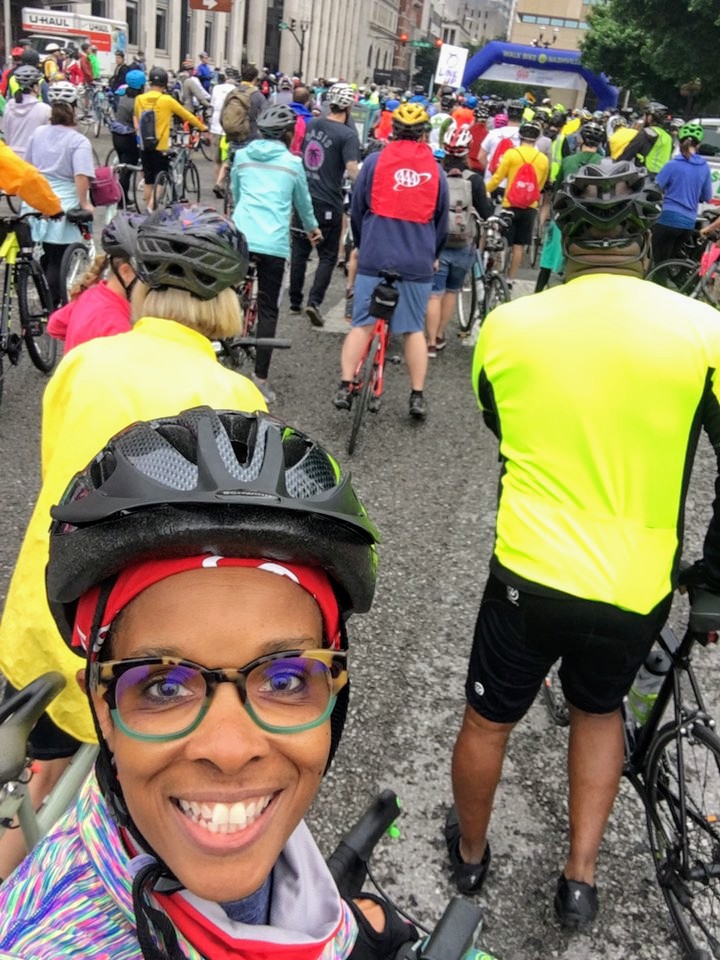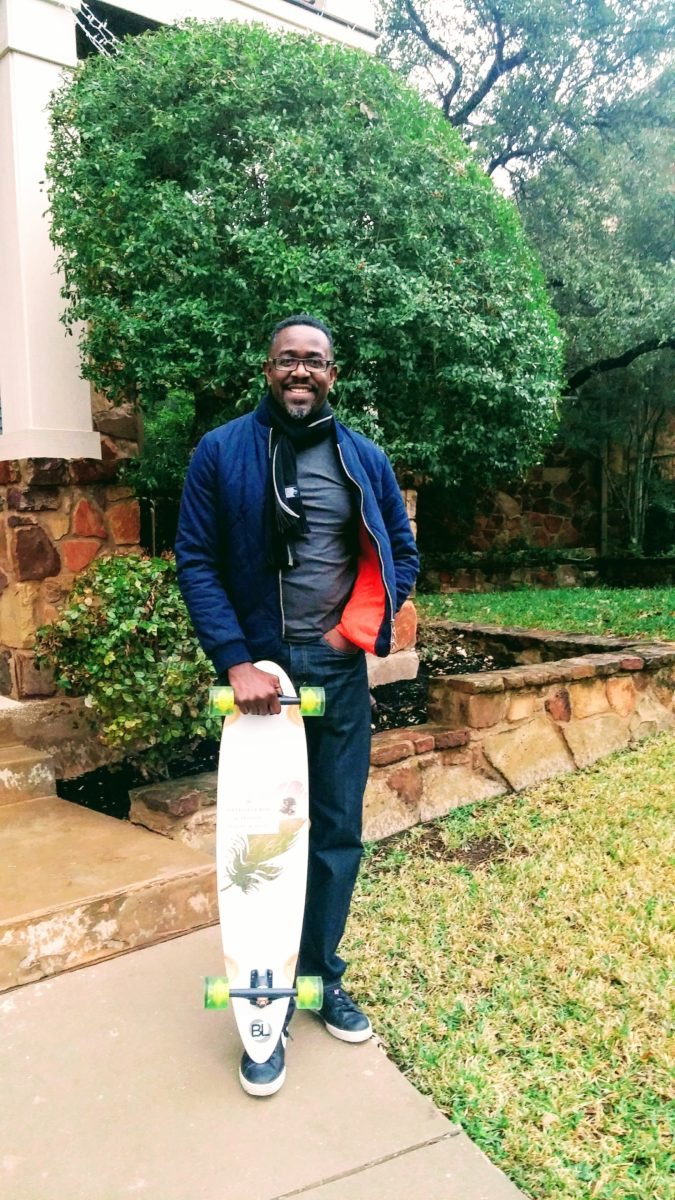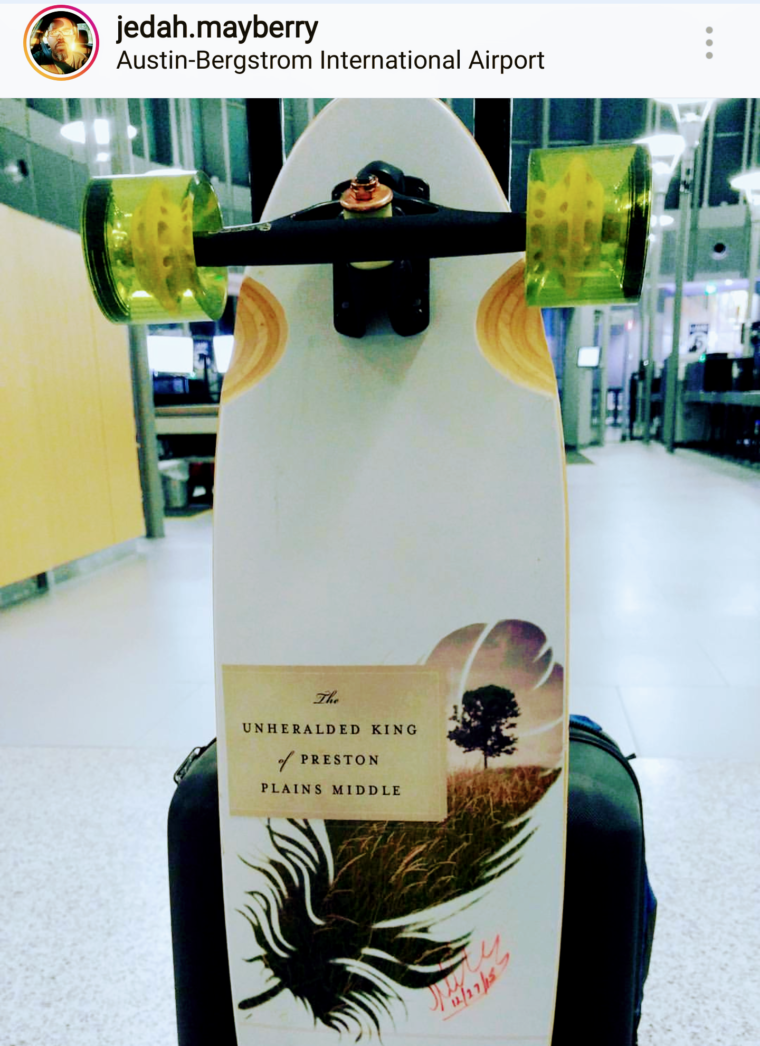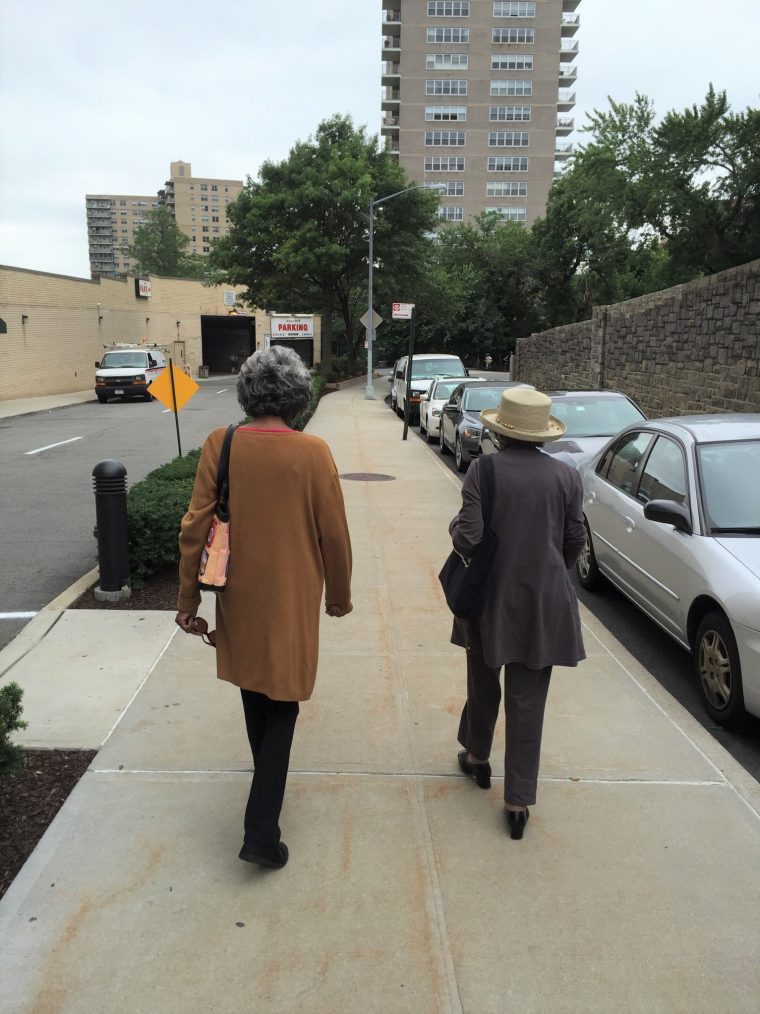
I come from an extraordinarily small family. As the product of two only children, my sister and I have no aunts, no uncles, no first cousins. We bill it a family reunion anytime the two of us find ourselves back in Connecticut the same week.We have undoubtedly reaped untold benefit from having seen the world, having ventured away from home, having left. One regret is having been so far away (Atlanta, GA) when my grandfather first fell ill in NYC. But I got back there as often as I could, through to the end.
People warned he wouldn’t recognize me (Parkinson’s + Alzheimer’s), didn’t know where he was, confined to a nursing home the last couple of years. Yet, the first time I visited he gave me instruction on which bus to take to get back to their apartment. Another time, he couldn’t understand how I had managed to stay dry with all the rain coming down. It was sunny and seventy. He didn’t have access to a window. This, a man who lived in the streets, had evidently not been outside for who knows how long. The last time I saw him, he had lost his ability to speak. He attempted to scrawl a note on a scrap of paper. All I could make out was over. He’d had enough. Within weeks, his battle, his struggle, his confinement was over. He was free.
I talk like this took place yesterday, like my grandfather is the only person I’ve ever lost. But he left us just inside fourteen, fifteen years ago. A handful of years later, our father passed as well. I regularly consult them both: on how to approach a situation, how to manage something I’m dealing with, how to navigate a thing on my hands. Only, my father having moved out of our household when I was a kid, I consult him on separate things than I might consult my granddad. My father raised me to a point, set a handful of worthy examples to pull from. But granddad was on hand to witness me grow up. There are fewer gaps to fill him in on before he and I can talk about a thing.
The present struggle has us all on lockdown. My grandmother is still in NYC and doing well. My mother is managing back in CT–fair to middling is a term she likes to use. It means slightly above average. I suppose we’re all hoping to do fair to middling these days. Lack of access is the primary difference in our world. As small as we are as a family, they have always been able to count on one or the other of us to make it home to check on whatever needs checking. Today, my sister (Orange Count, CA) and I (Austin, TX) are unable to readily get to them. Even if we could get there, the possibility we’d carry with us some infection that might spell doom for one or the other of them is too great a risk to take. More troubling, they wouldn’t be able to get to each other if it were to come to that.
9/11 is the first time I was unable to reach them. Though the 9/11 attacks were more localized–the World Trade Center, the Pentagon, that field in rural PA where the last plane was put down–this has a similar feel. It’s a shock to the system, the entire globe taking the blow firsthand this go-round. The long-term effects are only just beginning to mount. How will we as a society recover? When will we recover? What will the world look like on the other side?
Most of us will get through this largely unscathed. Many will not. It is hard, one day to the next, to tell the most from the many. We’ve all seen those heartrending scenes, folks posted outside a window waving to an infected loved one, their palms pressed against either side of the glass to remind them of their connection. Folks not permitted to comfort one another, fearful of breathing the same air with one another. Folks denied their final farewell, wrapped in each others’ arms. It’s enough to stir the most callous of souls.
We will get through this. We will. But we will be forever changed because of it. More alert, more cognizant, more appreciative of the bonds we share, whether immediate family or otherwise. People depend on people, thrive in proximity to one another, even guarded proximity to passersby on the street, fellow shoppers, from your bodega or corner market, to some big-box store. We need those interactions, that subconscious exchange on a semi-regular basis to feel whole. Six-feet after all is an enormous distance to endure.
